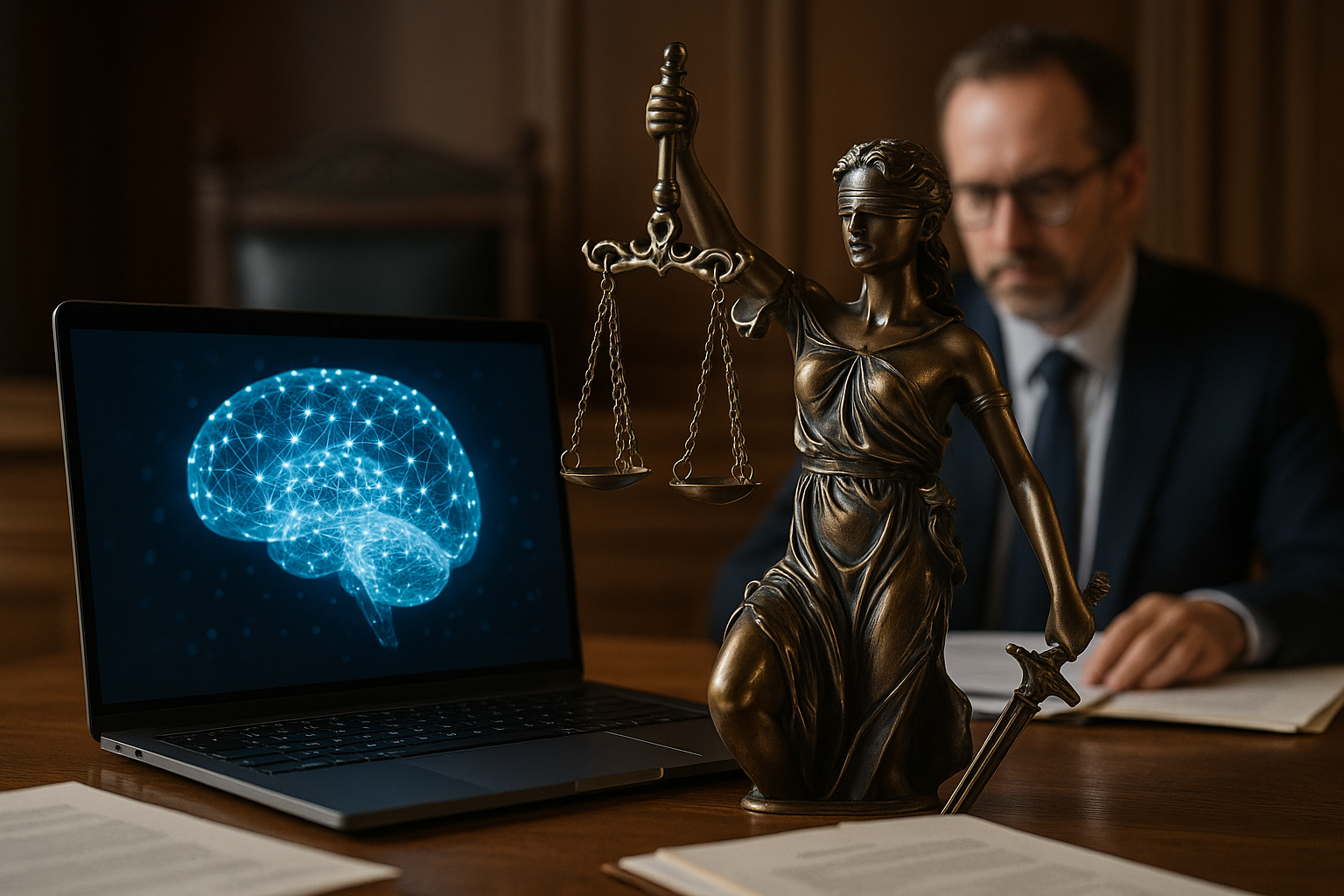The Intersection of Artificial Intelligence and Law: Emerging Trends and Implications
Introduction The convergence of Artificial Intelligence (AI) and law is creating a new frontier that's reshaping legal processes and governmental operations. This article explores the evolving landscape of AI in the legal field and the implications of this transformation for society.

The Genesis of Artificial Intelligence in Law
AI’s advent in law traces back to the late 20th century, with the development of rudimentary legal databases and research tools. However, it was not until the last decade that AI began to significantly influence legal practices. The proliferation of machine learning and natural language processing has enabled AI to automate routine tasks, analyze legal documents, and even predict judicial decisions.
The Modern Legal Landscape: AI as a Game-Changer
Today, AI is revolutionizing the legal field. Legal tech companies are creating AI-powered tools for contract analysis, due diligence, and litigation prediction. Governments are also leveraging AI in areas like criminal justice, where predictive policing algorithms are used to anticipate crime hotspots. Furthermore, AI’s role in policy-making is growing, with AI systems providing data-driven insights to inform legislative decisions.
The Legal Framework: Addressing the AI Challenge
As AI’s role in law expands, so too does the need for a robust legal framework to govern its use. Several countries are already drafting laws to regulate AI, focusing on issues like accountability, transparency, and bias. However, creating a comprehensive legal framework for AI poses unique challenges, given the technology’s rapid evolution and the complex ethical issues it raises.
AI and the Law: Social Implications
AI’s integration into legal processes and government operations has far-reaching social implications. On the one hand, AI can enhance access to justice by automating routine tasks, thereby reducing legal costs. On the other hand, the use of AI in areas like criminal justice raises concerns about algorithmic bias and due process rights. Balancing these competing considerations is a critical task for lawmakers and society at large.
The Future of AI and Law: Opportunities and Challenges
Looking ahead, AI has the potential to transform the legal field and government operations in profound ways. But realizing this potential requires careful navigation of the legal and ethical challenges that AI presents. As policymakers, legal practitioners, and technologists grapple with these issues, the intersection of AI and law will continue to be a key area of focus and debate.
In conclusion, the integration of AI into law and government is a complex process with significant implications for society. As this process unfolds, it is crucial that legal frameworks evolve in tandem with technological advancements to ensure that the benefits of AI are realized while mitigating its potential risks. The interplay between AI and law is a fascinating and important area of study, and one that will shape the future of our legal and governmental systems.




